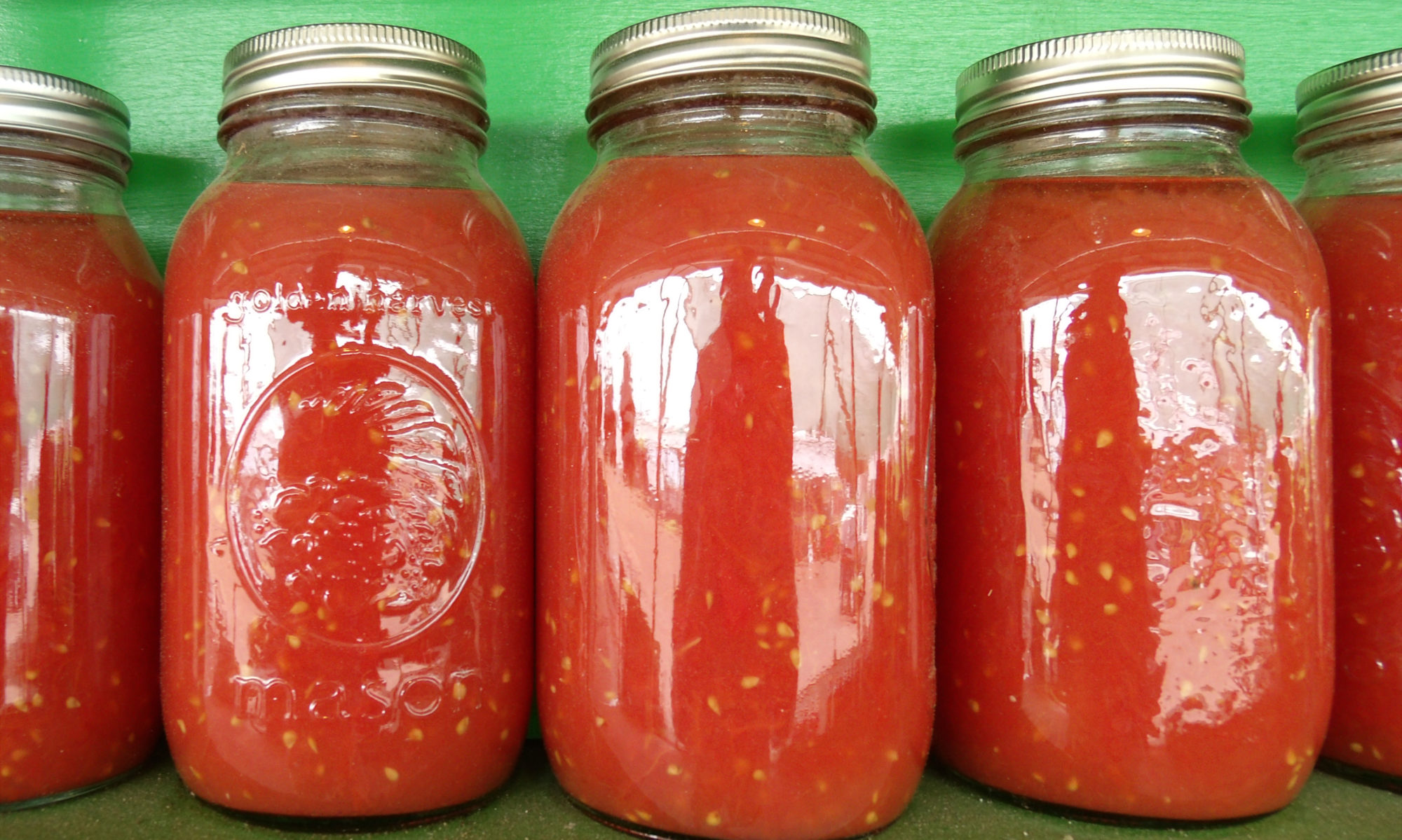When November comes, hunters up and down the Mississippi flyway flock to the wild with guns and dogs. In the Mississippi Delta, arguably the heart of the flyway, men of a certain feather abandon their usual nests of domesticity for camp, in Irwin Hester’s case his duck camp on Concordia Island in Bolivar County.
“It’s not really an island,” Irwin said. “If anything, it’s a peninsula, since the river makes a tight loop around it.” He looked out the window at the sunset spread out over Arkansas. “You’d think they’d have a special name for a riparian peninsula, but they don’t.”
Irwin retired from what he calls “the oil business” almost a decade ago. He received his degree in geology from Mississippi State in the early 70s and began working with Gulf Oil, stayed with them through the merger, and remained, working his way up the ladder, eventually landing in Pittsburgh at U-PARK.
An only child, Irwin never married (“Just too damned busy,” he explained). When he retired in 2012, he came back home to Mississippi, made a home, renewed old friendships, and moved his folks’ old home to the end of a dirt road on Concordia Island. Twice a year, the beginning of duck season and the end, November and January, he holds camp.
“I make real, Texas-style chili,” Irwin said. “It’s the best, and once you’ve had it, you’ll never call anything else chili. I learned to make it when I lived in Austin. I knew a guy who cooked it at his hunt camp up on the Pedernales River. He said he got his recipe from Lady Bird Johnson herself.
Irwin’s chili has no beans, no tomatoes, and no onions. He uses a lean cut of beef, usually a top round, cut into large chunks, coats these in a mixture of smoked paprika, crushed leaf oregano, cayenne, and ground cumin, and browns them in a cast iron Dutch oven. For each pound of beef, he soaks, peels and seeds four anchos.
He uses the water from the peppers in the beef, adding more to cover about an inch, and places the heavily-lidded pot in the oven at a low temperature (“Just enough to make it simmer”) in the morning, and by the time the sun gets an angle, the chili must be stirred (“Once is enough”) and returned to the oven for another hour. When men return from the field, the fire is blazing, bottles opened, and a guitar is passed around. He keeps Crystal on the table.
“It’s as good a bowl of red as you’re going to get on this side of the Mississippi,” Irwin says.
Believe him.


